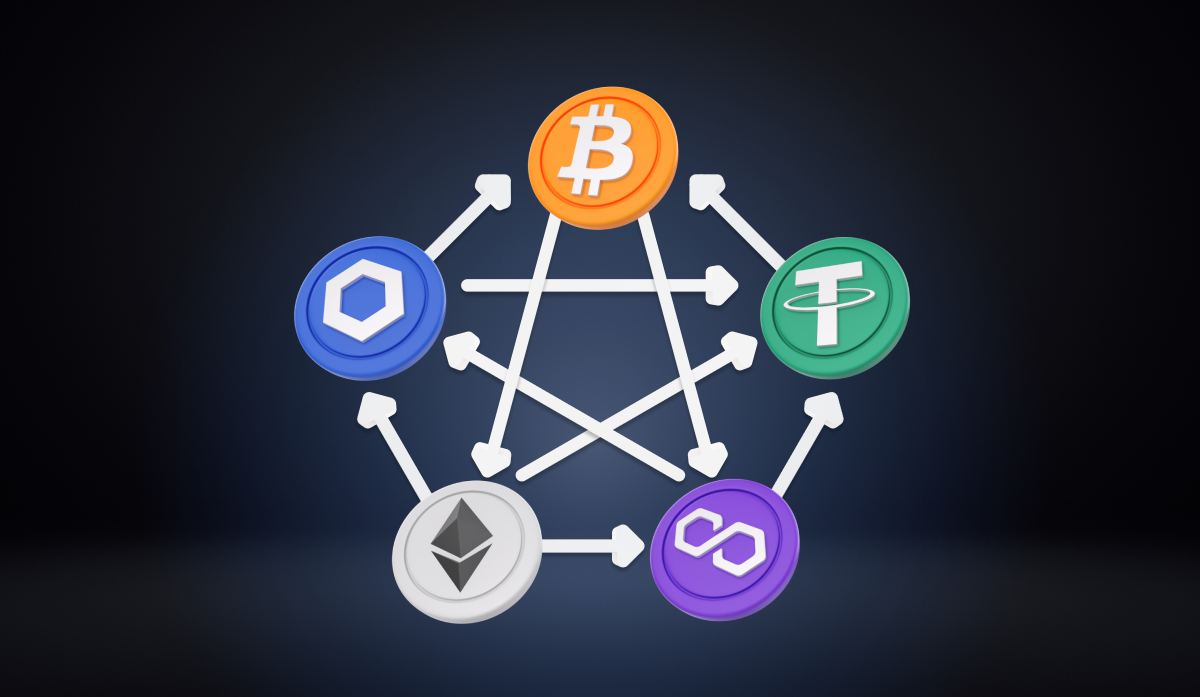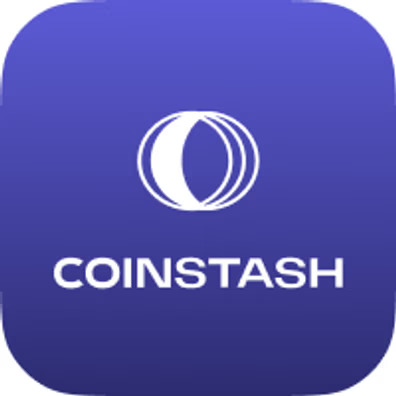
Decentralized Exchanges (DEXs): Redefining the Future of Crypto Trading
Category: Crypto Exchanges
Unlike centralized exchanges (CEXs) such as Binance or Coinbase, DEXs operate without intermediaries. They allow users to trade directly from their crypto wallets using smart contracts on blockchain networks like Ethereum, Solana, or BNB Chain.
This means:
No need to deposit funds into a third-party platform
Users retain full control of their private keys
Reduced risk of exchange hacks or insolvency
Popular DEXs include Uniswap, PancakeSwap, SushiSwap, Curve, and dYdX.
Why DEXs Are Gaining Momentum
Self-Custody is Becoming a Priority
With multiple centralized platforms failing or freezing user assets in the past, crypto holders are shifting toward platforms that let them own and control their funds at all times.
No KYC Requirements
Many DEXs allow trading without Know Your Customer (KYC) verification, making them appealing in regions with restrictive regulations or for users who value privacy.
Lower Barriers to Listing Tokens
New projects can list their tokens without needing permission from centralized gatekeepers. This helps smaller or emerging tokens gain early traction in the market.
Access to Long-Tail Assets
DEXs often offer a wider range of tokens than CEXs, including niche and community tokens unavailable elsewhere.
Improved User Interfaces
As DEXs mature, many are investing in better UX/UI design, advanced charts, and smoother integrations with Web3 wallets like MetaMask and Trust Wallet.
Challenges DEXs Still Face
Slower Transaction Speeds & High Gas Fees
Especially on congested blockchains like Ethereum, DEX trades can become expensive during peak periods.
Limited Fiat On-Ramps
DEXs usually don’t allow direct purchases with fiat currencies, making it harder for newcomers to enter the crypto market.
Smart Contract Risks
Bugs in code or poorly audited smart contracts can still pose risks to users.
No Customer Support
Unlike centralized platforms, DEXs typically don’t offer live support, which can be problematic during trade failures or technical issues.
The Future of DEXs
The future of decentralized exchanges looks promising with:
Layer 2 scaling solutions (e.g., Arbitrum, Optimism) drastically reducing transaction fees
Cross-chain interoperability making it easier to swap assets across multiple networks
Institutional interest in decentralized finance (DeFi)
Hybrid DEX-CEX models combining the best of both worlds
Final Thoughts
Decentralized exchanges represent more than a trading platform — they are a cornerstone of the DeFi movement, supporting a self-sovereign, censorship-resistant financial system.
As blockchain technology continues to evolve, and as trust in centralized entities declines, DEXs are expected to grow in adoption, usability, and security. Whether you're a seasoned trader or a crypto newbie, understanding DEXs is now essential to navigating the next chapter of the crypto economy.
This means:
No need to deposit funds into a third-party platform
Users retain full control of their private keys
Reduced risk of exchange hacks or insolvency
Popular DEXs include Uniswap, PancakeSwap, SushiSwap, Curve, and dYdX.
Why DEXs Are Gaining Momentum
Self-Custody is Becoming a Priority
With multiple centralized platforms failing or freezing user assets in the past, crypto holders are shifting toward platforms that let them own and control their funds at all times.
No KYC Requirements
Many DEXs allow trading without Know Your Customer (KYC) verification, making them appealing in regions with restrictive regulations or for users who value privacy.
Lower Barriers to Listing Tokens
New projects can list their tokens without needing permission from centralized gatekeepers. This helps smaller or emerging tokens gain early traction in the market.
Access to Long-Tail Assets
DEXs often offer a wider range of tokens than CEXs, including niche and community tokens unavailable elsewhere.
Improved User Interfaces
As DEXs mature, many are investing in better UX/UI design, advanced charts, and smoother integrations with Web3 wallets like MetaMask and Trust Wallet.
Challenges DEXs Still Face
Slower Transaction Speeds & High Gas Fees
Especially on congested blockchains like Ethereum, DEX trades can become expensive during peak periods.
Limited Fiat On-Ramps
DEXs usually don’t allow direct purchases with fiat currencies, making it harder for newcomers to enter the crypto market.
Smart Contract Risks
Bugs in code or poorly audited smart contracts can still pose risks to users.
No Customer Support
Unlike centralized platforms, DEXs typically don’t offer live support, which can be problematic during trade failures or technical issues.
The Future of DEXs
The future of decentralized exchanges looks promising with:
Layer 2 scaling solutions (e.g., Arbitrum, Optimism) drastically reducing transaction fees
Cross-chain interoperability making it easier to swap assets across multiple networks
Institutional interest in decentralized finance (DeFi)
Hybrid DEX-CEX models combining the best of both worlds
Final Thoughts
Decentralized exchanges represent more than a trading platform — they are a cornerstone of the DeFi movement, supporting a self-sovereign, censorship-resistant financial system.
As blockchain technology continues to evolve, and as trust in centralized entities declines, DEXs are expected to grow in adoption, usability, and security. Whether you're a seasoned trader or a crypto newbie, understanding DEXs is now essential to navigating the next chapter of the crypto economy.




